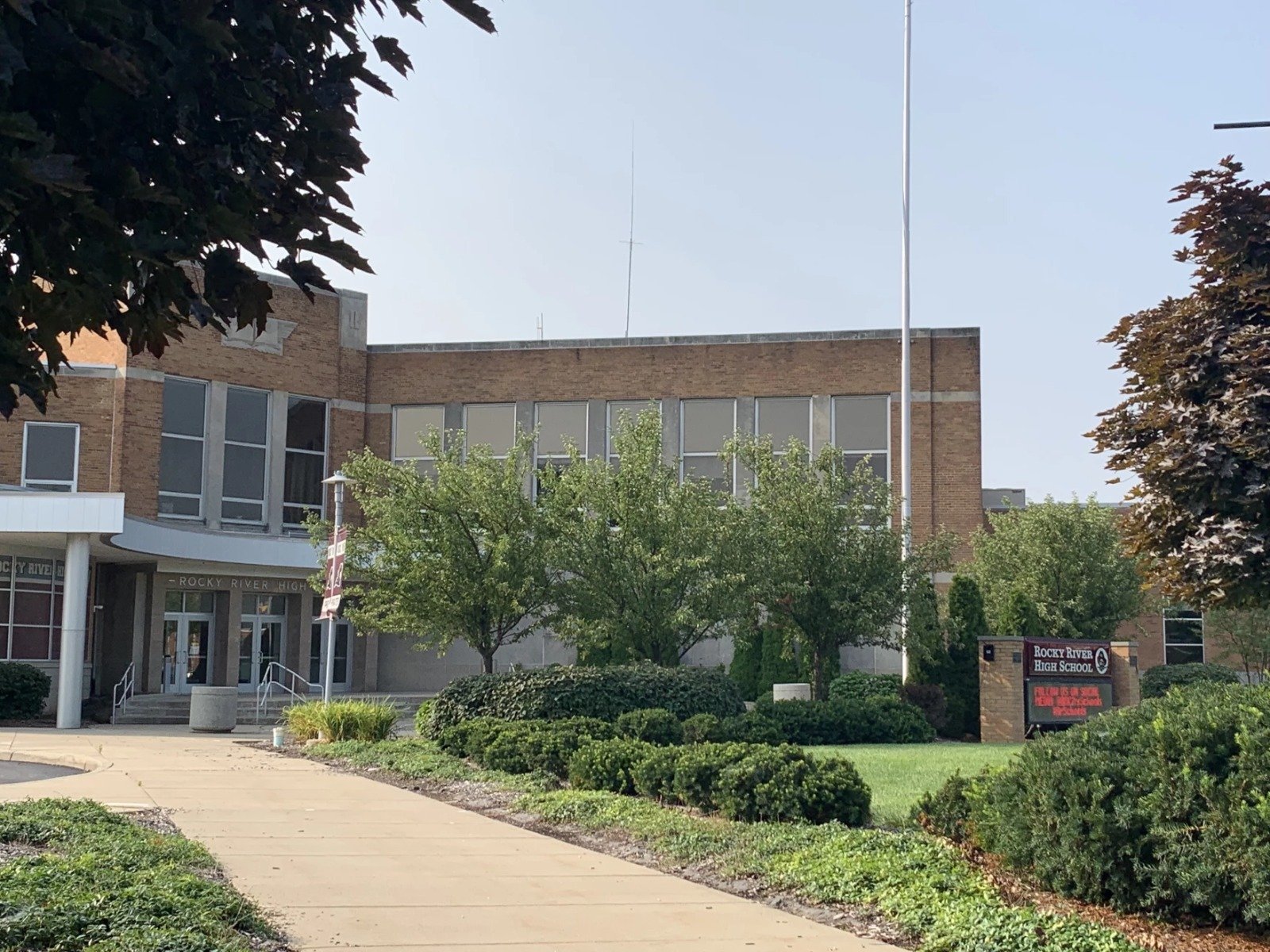GOP Platform Calls for ‘Universal School Choice’

Source: https://www.limaohio.com/
At their convention in Milwaukee this week, national Republicans are preparing to endorse “universal school choice” in their platform. Supporters view this as the culmination of long-standing efforts to give parents more control over their children’s education. However, opponents criticize it as a strategy to undermine public schooling, with interpretations of school choice ranging widely from open enrollment to parental control over curriculum and course content.
Key Highlight:
- The term “school choice” can vary widely in interpretation: some view it as eliminating school district boundaries or enabling open enrollment, while others see it as allowing parents to customize their child’s education or exert control over K-12 curriculum. Education experts, regardless of their political stance, generally understand the GOP platform to support models like those in West Virginia and Ohio. These models involve taxpayer-funded vouchers or scholarships that can be used by any child, regardless of income, to attend either public or private schools of choice.
- Lisa B. Nelson, CEO of the American Legislative Exchange Council, emphasized the concept of school choice as a matter of parental control over education funding and decisions. Her organization launched the Education Freedom Alliance to advocate for this approach, which is currently implemented in about a dozen states with proposals pending in 16 others. Nelson noted that the GOP platform has for the first time not only endorsed school choice but called for it universally. However, it’s uncertain how this would be realized, especially since the platform also advocates for closing the U.S. Department of Education and returning education policymaking to the states.
- The Republican platform, without immediate comment from Donald Trump’s campaign, advocates for empowering families to choose their children’s education. Meanwhile, Joe Biden’s campaign spokesperson, James Singer, opposes the platform’s call to eliminate the U.S. Department of Education, citing its critical roles in supporting vulnerable children through programs like Head Start and college financial aid. Chad Aldis of the Thomas B. Fordham Institute notes that while universal school choice is a stated goal in the platform, implementing it effectively presents significant challenges.
- The expansion of state voucher programs, aimed at providing families with education choices, has raised significant legal and logistical issues. Originally limited to low-income students in struggling districts, these programs now cover a broader range of schools, including public, private, religious, and charter institutions. Critics argue that such expansive programs divert funds from public schools serving the majority of students and primarily benefit higher-income families opting for private or religious schools. Legal challenges have surfaced, such as in Ohio’s EdChoice program, while West Virginia’s Hope Scholarship Program recently withstood a constitutional test in 2022.
- Kim Anderson, executive director of the National Education Association, criticized the Republican plan for potentially causing disruption in American families’ lives. She emphasized that the plan fails to address parents’ top concerns: access to mental health services and school safety. Anderson argued that public education has historically been crucial for democracy, the economy, and fostering a diverse and inclusive society, warning that eliminating it could jeopardize these foundations.
- The Republican platform outlines additional priorities such as withholding federal funds from schools involved in political indoctrination, ensuring students’ right to pray and read the Bible in school, strengthening disciplinary standards to reduce violence, abolishing teacher tenure in favor of merit pay, and opposing efforts to centralize civics education nationally.
- Randi Weingarten, president of the American Federation of Teachers, strongly criticized the entire GOP education platform, accusing it of creating mechanisms to defund public education and provide tax breaks to the wealthy. She questioned why Republicans appear opposed to critical thinking, academic freedom, teaching honest history, and embracing diversity.
- Lisa B. Nelson from ALEC countered that proponents of school choice believe competition improves all schools. Notably, calls to expand school choice are not limited to Republicans; in Louisiana, for instance, six Democrats supported a universal school choice bill. Democratic Representative Jason Hughes of New Orleans expressed frustration with the status quo in education, particularly for children in poverty, prompting his vote for expanded school choice.
Read More: https://ohio.childreninfobank.com/safebank/gop-platform-calls-for-universal-school-choice/
Image Source: https://www.limaohio.com/





